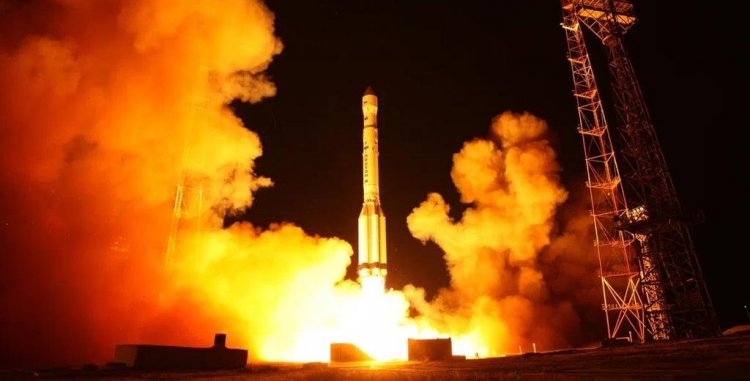During the announcement, in Luanda, the Minister of Telecommunications, Information Technologies and Social Communication, Mário Augusto Oliveira, recalled that Angola still has many areas without any telecommunications coverage, stressing that now opens the possibility of national operators, and not only, provide reliable telecommunications services in the country, mainland and southern part of Europe.
The strategy will be focused on "competitive prices" to increase business in disconnected areas, "contributing to the reduction of info-exclusion in Angola and on the continent", he stressed.
Angosat-2, launched into orbit in October last year, has different band specifications (C, KU and KA) with different coverage zones: Africa and Europe, Southern Africa and part of Central and Eastern Africa and Luanda.
With this initiative, national operators will have "a means of communication via satellite, thus allowing them to stop paying the rent of capacity to foreign satellites" and also increase the penetration of telecommunications services in the country.
It will also allow national telecommunications operators and the government to benefit from bandwidth with costs based on national currency, better managing their investments, added the minister.
Mário Augusto Oliveira also underlined that doors are open for the national telecommunications sector to provide services throughout the African continent and southern part of Europe, also representing an opportunity for entrepreneurship in this sector and job creation.
"Especially for younger people, in areas linked to space technology, such as, for example, maintenance and installation of V-Sat systems and development of the 'software' industry", he continued.
"In the African context, investments in telecommunications are fundamental requirements for economic growth and satellite connectivity has been used as a support factor for socio-economic development", he also highlighted.
Last month, the presidential decree was published authorizing the commercial exploitation of the satellite, whose revenues should revert 40 percent to the National Treasury and 50 percent to the National Space Program Management Office.
The remaining 10 percent of the revenues from the Angosat-2 operation should revert to the Social Support Fund for Communications Workers.
The holder of executive power has authorized the commercial exploitation of Angosat-2, while the process of creating the conditions for attributing its management and exploitation to a public entity is in progress.
The dispatch stresses that Angosat-2 was launched successfully and is in its orbital position, sending signals of its full operation to the control station, constituting an important milestone for the Angolan Space Programme.
Angola's first national satellite, Angosat-1, was launched by a Russian rocket from the Baikonur cosmodrome in December 2017, but Russia announced that it lost control as soon as it was placed in orbit.
Russian specialists managed to re-establish contact a few days later, before permanently losing it in space.
Under an agreement with Angola, Russia built another satellite, Angosat-2, to replace the lost device.
Built as a result of an agreement signed between Angola and Russia in 2009, the Angosat-1 cost the Angolan State 360 million dollars, but was insured for 121 million dollars, which, in the event of an accident or disappearance, would cover the total cost of its replacement, according to Angolan news agency Angop.
Construction of the Angosat-2 began on April 28, 2018, at Airbus facilities in France, and the structure was then transferred to the ISS Reshetnev factory, in the city of Zheleznogorsk, near Krasnoyarsk (Siberia).







